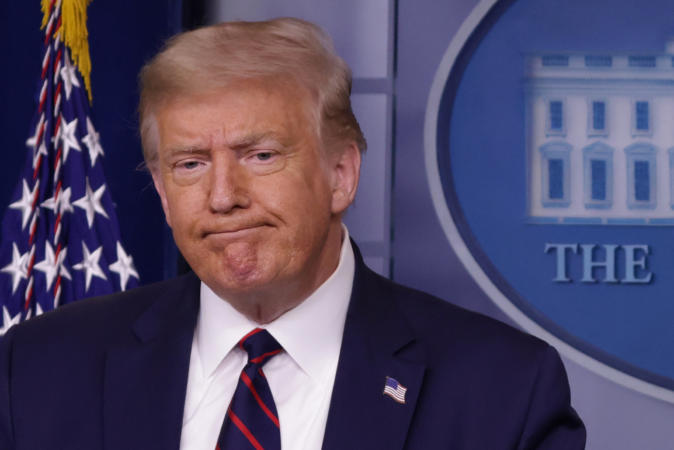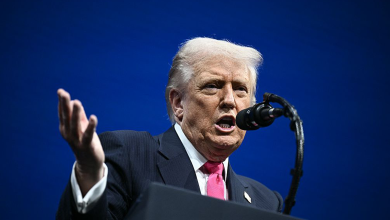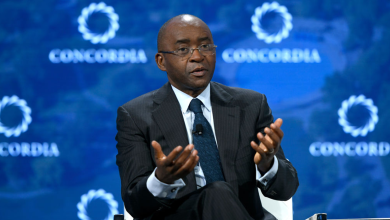Despite Trump-Era Pressure, Corporate DEI Rollbacks Are Losing Steam — But What Changed?


After months of political pressure and headlines about companies cutting diversity programs, it looked like corporate America was backing away from diversity, equity, and inclusion (DEI).
Some businesses walked back hiring goals or closed departments. Others changed job titles or removed DEI language from their websites altogether. It felt like a full-on retreat.
But now, a new study, according to USA Today, shows that corporate DEI rollbacks in 2025 might be slowing down. And the reason goes beyond politics.
A Slowdown After The Backlash
When former President Donald Trump returned to the White House, his administration quickly went after DEI. One executive order even threatened to pull federal contracts from companies that kept DEI programs in place.
That caused a scramble. According to Gravity Research — a group that provides insights on how companies can anticipate risk and respond to political and social pressure — about 80% of DEI-related changes happened right after Trump took office in January 2025.
Big-name companies rushed to change policies. As USA Today reports, in February, 11 major brands rolled out updates to their diversity plans. But by May, that number had dropped to just two.
“President Trump’s return to office created a seismic shift in the risk calculus for companies with DEI commitments,” said Joanna Piacenza, vice president of thought leadership with Gravity Research. “Unlike earlier backlash driven by online activists, which focused on reputational and social media pressure, Trump’s administration brought policy levers and legal authority.”
The Pause In Corporate DEI Rollbacks
So why are corporate DEI rollbacks slowing down?
For starters, the political spotlight has moved. The administration is now more focused on immigration, tariffs, and global issues. That’s given companies some breathing room — and a chance to reassess.
In March, the Equal Employment Opportunity Commission released new guidance, clarifying that not all DEI programs violate the law. That helped ease some legal concerns.
At the same time, companies are facing pressure from consumers and shareholders who still support DEI. During a recent earnings call, Target admitted that pulling back on some of its diversity efforts hurt customer engagement.
“Most companies know creating diverse workforces, fair processes that advance the best talent, and inclusive environments where people who are different from one another can collaborate effectively is essential to long-term business success,” Carissa Romero, co-founder of DEI consulting firm Paradigm, told USA Today. “These efforts aren’t a ‘nice to have,’ they’re strategic levers for innovation, performance and resilience.”
Rebranding, Not Removing
That doesn’t mean companies aren’t making changes, because they are. Instead of cutting DEI completely, many are rebranding, according to CNBC.
Per the outlet, some have replaced “chief diversity officer” and “vice president of global diversity equity and inclusion” with “vice president of engagement” and “vice president of inclusive experiences and technology.”
Others removed the term “DEI” from public statements and websites, swapping it for words like “inclusion,” “accessibility,” or “belonging.”
Gravity Research found that most employee resource groups (ERGs), which are employee-led support groups, are still active, per USA Today. However, companies are now ensuring these groups appear more inclusive to everyone, rather than focusing solely on specific communities.
Still, those ERGs could be next. In a recent letter requesting federal contractors to disclose how they’ve scaled back DEI efforts, the Department of Labor signaled yet another chapter in the ongoing story of corporate DEI rollbacks in 2025.




